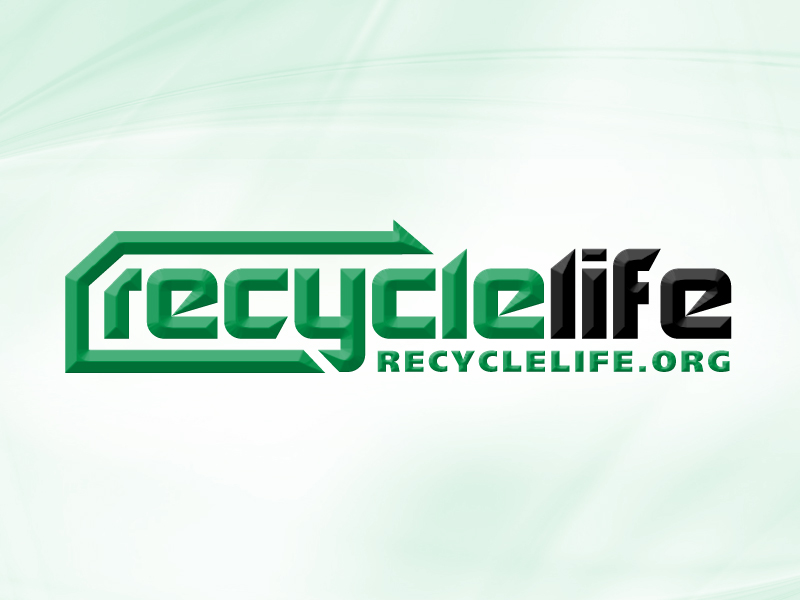Frequently Asked Questions
FACT: 1 organ donor can save 8 lives and change the lives of more than 50 people.
Who can become a donor?
All individuals can indicate their intent to donate (persons younger than 18 years of age must have a parent’s or guardian’s consent). Medical suitability for donation is determined at the time of death.
Can non-resident aliens donate and receive organs?
Non-resident aliens can both donate and receive organs in the United States. Organs are given to patients according to medical need, not citizenship. In 2001, 334 (2.7%) of the 12,375 organ donors were non-resident aliens. In this same year, 259 (1%) of the 23,998 transplants performed were on nonresident aliens.
Can I be an organ and tissue donor and also donate my body to medical science?
Total body donation generally is not an option if you choose to be an organ and tissue donor. Eye donors still may be accepted. Also, there are a few medical schools and research organizations that still may accept an organ donor for research. If you wish to donate your entire body, you should contact the medical organization of your choice directly and make arrangements. Medical schools, research facilities, and other agencies study bodies to understand how disease affects human beings. This research is vital to saving and improving lives.
If I’m a registered donor, will it affect the quality of medical care I receive at the hospital?
No! The medical team trying to save your life is separate from the transplant team. Every effort is made to save your life before donation is considered.
Will donation disfigure my body? Can there be an open casket funeral?
Donation does not interfere with having an open casket service. Surgical techniques are used to retrieve organs and tissues, and all incisions are closed.
If I would like to donate a kidney to someone I know who is in need, how can I be tested to see if I am a match?
Within the United States, living donations of a kidney can be made to a family member, friend, or anyone on the waiting list. Living donations are arranged through one of several transplant centers throughout the U.S. Before anyone can be considered as a donor, the individual must undergo a complete physical, as well as a psychosocial evaluation by the transplant center where they intend to make the donation.
The internet is a good source of living donor information on sites such as the United Network for Organ
Sharing (UNOS)—www.unos.org
(Department of Health and Human Services – 2013)


We’re Social!